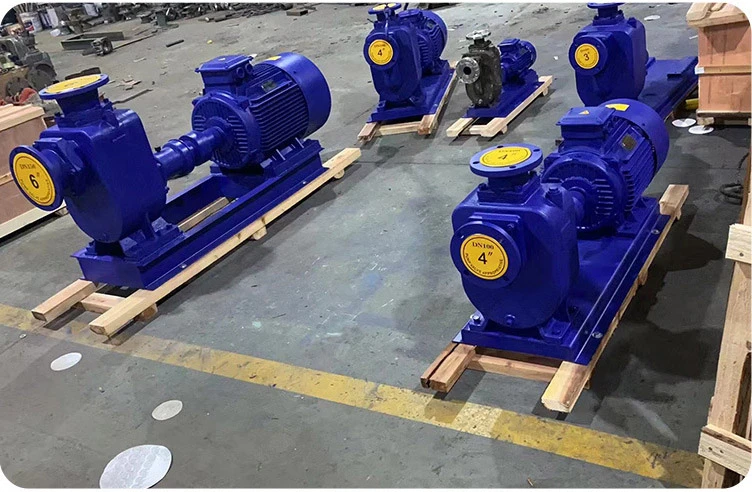Sinhala
- Afrikaans
- Albanian
- Amharic
- Arabic
- Armenian
- Azerbaijani
- Basque
- Belarusian
- Bengali
- Bosnian
- Bulgarian
- Catalan
- Cebuano
- Corsican
- Croatian
- Czech
- Danish
- Dutch
- English
- Esperanto
- Estonian
- Finnish
- French
- Frisian
- Galician
- Georgian
- German
- Greek
- Gujarati
- Haitian Creole
- hausa
- hawaiian
- Hebrew
- Hindi
- Miao
- Hungarian
- Icelandic
- igbo
- Indonesian
- irish
- Italian
- Japanese
- Javanese
- Kannada
- kazakh
- Khmer
- Rwandese
- Korean
- Kurdish
- Kyrgyz
- Lao
- Latin
- Latvian
- Lithuanian
- Luxembourgish
- Macedonian
- Malgashi
- Malay
- Malayalam
- Maltese
- Maori
- Marathi
- Mongolian
- Myanmar
- Nepali
- Norwegian
- Norwegian
- Occitan
- Pashto
- Persian
- Polish
- Portuguese
- Punjabi
- Romanian
- Russian
- Samoan
- Scottish Gaelic
- Serbian
- Sesotho
- Shona
- Sindhi
- Sinhala
- Slovak
- Slovenian
- Somali
- Spanish
- Sundanese
- Swahili
- Swedish
- Tagalog
- Tajik
- Tamil
- Tatar
- Telugu
- Thai
- Turkish
- Turkmen
- Ukrainian
- Urdu
- Uighur
- Uzbek
- Vietnamese
- Welsh
- Bantu
- Yiddish
- Yoruba
- Zulu
Telephone: +86 13120555503
Email: frank@cypump.com
නොවැ. . 06, 2024 18:28 Back to list
Basement Wastewater Pump Solutions for Efficient Drainage Systems
Understanding Basement Waste Water Pumps An Essential Component for Home Maintenance
Basement waste water pumps, often referred to as sump pumps or sewage pumps, are critical devices used in homes, especially those with basements. They play a vital role in ensuring that excess water, especially waste water from various sources, is effectively and safely removed from the premises. Understanding how these pumps work and their importance can save homeowners from significant issues related to water accumulation and flooding.
What Are Basement Waste Water Pumps?
Basement waste water pumps are specialized pumps designed to remove water that accumulates in a basement or other low-lying areas of a home. These pumps are particularly essential for homes located in flood-prone areas or those with a high water table. They are typically installed in a sump pit—an underground basin where water gathers before it is pumped out of the home.
There are two main types of basement waste water pumps sump pumps and sewage ejector pumps. Sump pumps are used primarily to eliminate water from the basement and handle clear water like rainwater or groundwater. In contrast, sewage ejector pumps are designed to handle waste water containing solids, such as that from toilets, washing machines, and other household fixtures.
Importance of Waste Water Pumps
1. Flood Prevention One of the primary purposes of basement waste water pumps is to prevent flooding. When there is excessive rain or melting snow, the potential for water accumulation increases. Without a pump, this water can infiltrate the basement, leading to damage, mold growth, and structural issues.
2. Sanitation A sewage ejector pump ensures that waste water is expelled from the home effectively. If sewage accumulates, it can create unsanitary conditions and pose health risks. These pumps help maintain a clean environment, ensuring that waste is disposed of properly.
basement waste water pump

3. Property Value Homes that are prone to water issues can suffer from a decrease in value. A functional waste water pump system enhances property value by effectively managing water and sewage, making the home more appealing to potential buyers.
4. Energy Efficiency Many modern basement waste water pumps are designed to be energy-efficient. They use less power compared to older models, which can lead to savings on energy bills over time.
Choosing the Right Pump
Selecting the right basement waste water pump involves several considerations. Homeowners should assess their needs based on factors such as the size of the basement, the average amount of water they expect to manage, and whether they need a sump pump or a sewage ejector pump.
It’s essential to choose a pump with appropriate horsepower; typical sump pumps range from 1/4 to 1/2 horsepower, while sewage ejector pumps often have higher horsepower ratings due to the need to expel waste against gravity. Additionally, consider a pump with a float switch, which automatically turns the pump on and off based on the water level, providing convenience and reliability.
Maintenance and Care
To ensure that a basement waste water pump operates effectively, regular maintenance is crucial. This includes checking the pump annually, clearing any debris from the sump pit, and testing the float switch. Homeowners should also keep an eye on the discharge pipe to ensure there are no blockages that could prevent water from being expelled.
In conclusion, basement waste water pumps are indispensable systems that protect homes from water damage and ensure sanitation. By understanding their importance, functionalities, and maintenance needs, homeowners can safeguard their basements and preserve their properties' value. Whether through preventive measures or effective handling of sewage, these devices represent a crucial element in modern home maintenance practices.
-
Heavy-Duty Mining Sludge Pumps - Wear-Resistant Slurry Handling
NewsAug.02,2025
-
Horizontal Split Case Pump with GPT-4 Turbo | High Efficiency
NewsAug.01,2025
-
ISG Series Pipeline Pump - Chi Yuan Pumps | High Efficiency, Durable Design
NewsAug.01,2025
-
Advanced Flue Gas Desulfurization Pump with GPT-4 Turbo | Durable & Efficient
NewsJul.31,2025
-
ISG Series Vertical Pipeline Pump - Chi Yuan Pumps | Advanced Hydraulic Design&Durable Construction
NewsJul.31,2025
-
ISG Series Vertical Pipeline Pump - Chi Yuan Pumps | Energy Efficient & Low Noise
NewsJul.31,2025










